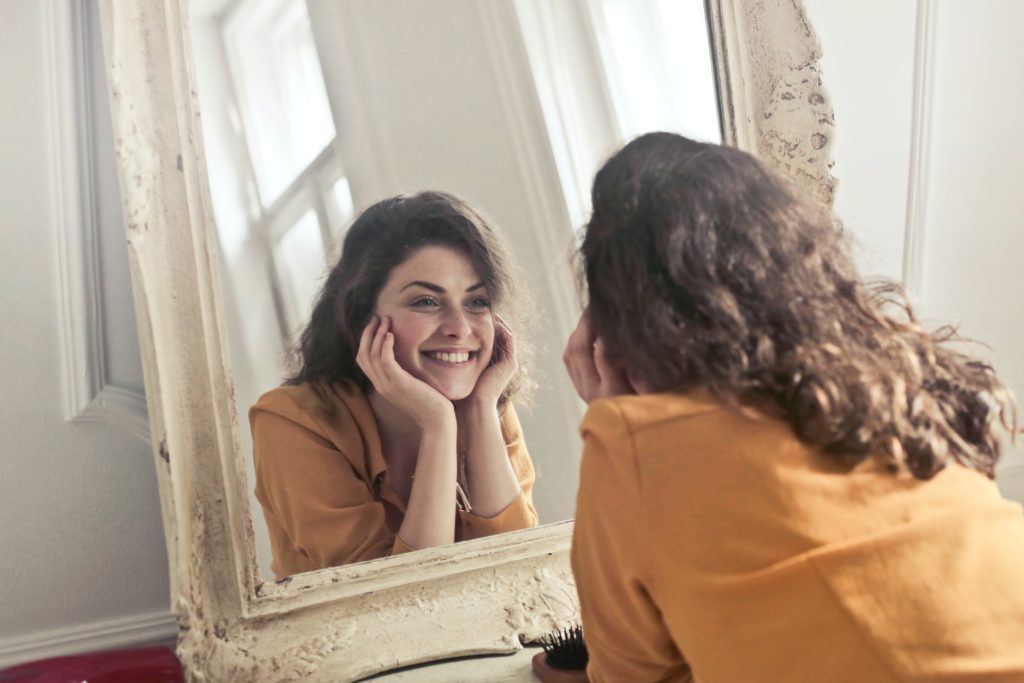
Social media can be amazing. We’re able to stay connected with friends and family all around the world and never miss a birthday because of those handy Facebook reminders and I could go on and on. So, why are so many people worried about its impact on people?
We’ve got a few thoughts:
Have you ever heard the saying: ‘too much of something is almost never a good thing’? Well, many people feel this saying practically embodies the problem of social media.
So, here are some tell-tale signs that your social media habits may be getting the best of you.
Sign #1: You’re losing sleep over it
If you find yourself in bed scrolling through your feeds when you planned on sleeping, you may be guilty of overuse.
Generally, people go to bed feeling ready to sleep. As natural light decreases at night, our brains secrete a hormone called melatonin, which signals that it’s time to wind down.
However, the temptation to scroll down your feed before concluding your day is always there as research shows that sleeping with a cellphone nearby is common for many adults.
When you give into the temptation, it starts as a quick scroll and before you know it, you’re still up for an hour later. We’ve all been there, right?
Research shows that using social media before you sleep creates unnecessary brain stimulation. The light from your phone can slow down the secretion of melatonin and trick your brain into thinking there is still daylight, which then prevents you from winding down.
In addition, the things you see online may stimulate your brain to remain engaged and attentive. The result – you lose out on essential resting time that your body needs to function optimally.
Sign #2: You’re guilty of placing a phone over a face
As humans, science says that we’re designed to be social. While you can form connections with others over social media, it’s a problem when someone who can connect with you in a much more tangible way is shrugged off while you’re more interested in a social media feed.
As a result, you may end up with less emotionally nurturing relationships.
Sign #3: You often compare yourself to others
Comparison is rarely a recipe for joy – we’re all developing at a different pace and have different goals and priorities.
When you’re constantly on social media and seeing what other people are doing with their lives, it opens up regular opportunities to focus on the developments of others rather than your own progress.
This can take a real knock to your self-esteem.
If you’re experiencing any or all of these signs, time to take a hard look in the mirror and ask yourself if you have your priorities straight. If you’re unsure, ring a friend or family member and arrange a face to face (resist that impulse to send a message at all costs!)
Good luck!
